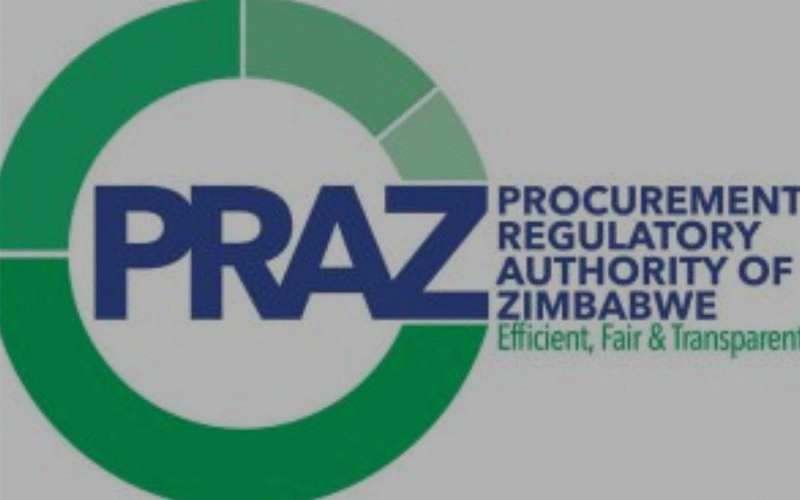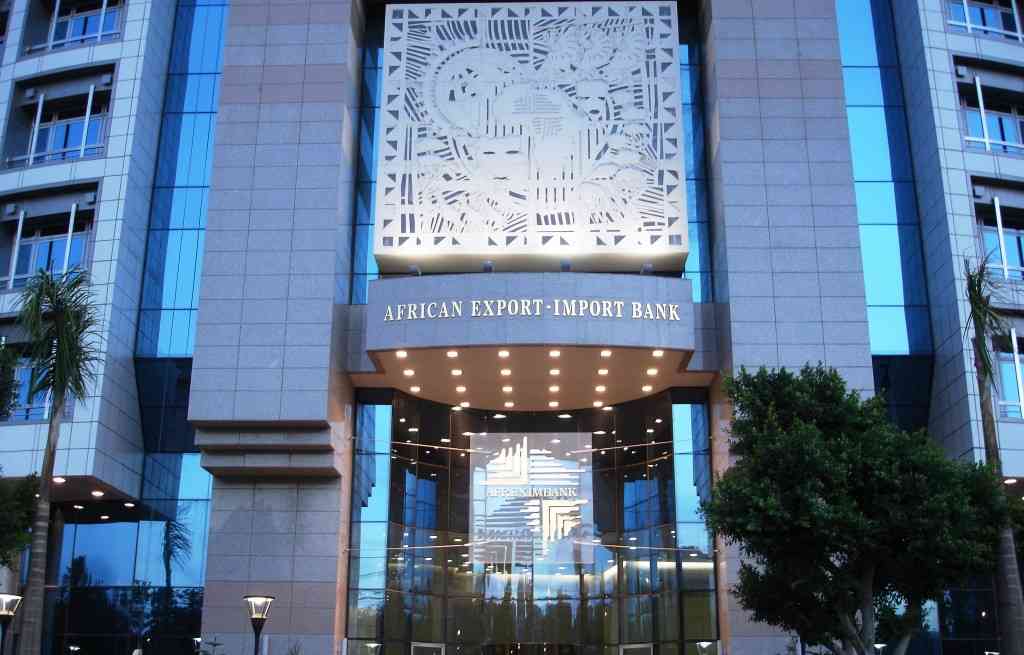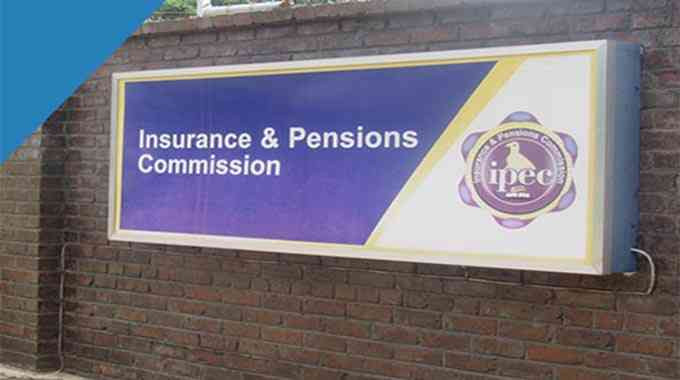
THE public procurement and disposal of assets law plays a crucial role in Zimbabwe's governance and economic development.
It is designed to ensure transparency, accountability, and efficiency in the acquisition and disposal of goods, services, and assets by the government and public entities.
The law promotes transparency by establishing clear rules and procedures for public procurement and disposal processes. It requires open competition, fair evaluation criteria, and disclosure of information related to procurement decisions.
This helps prevent corruption, favouritism, and misuse of public funds, ensuring that procurement processes are conducted in a transparent and accountable manner.
The Public Procurement Act administers the entire buying cycle, including strategy, market methods, tender review and award, contract administration, and asset disposal.
The State Procurement Board buys on behalf of procuring bodies under the previous Act.
The 2018 Act establishes the Procurement Regulatory Authority of Zimbabwe (Praz), which would oversee public entities. According to the Act, public organisations are responsible for their own procurement where the value of construction works, consultancy and non-consultancy services is less than a certain threshold.
The authority oversees managing and regulating procurement activities carried out by government ministries, parastatals, and municipal governments.
- Chamisa under fire over US$120K donation
- Mavhunga puts DeMbare into Chibuku quarterfinals
- Pension funds bet on Cabora Bassa oilfields
- Councils defy govt fire tender directive
Keep Reading
To ensure compliance with the law, Praz has the authority to give instructions to procurement entities (State owned enterprises) and force them to provide information about their procurement operations, among other things.
The Act stipulates the rules and steps to be done in procurement proceedings to promote justice, transparency, and honesty. This also aligns with Section 9 of the Constitution, which requires the government to "adopt and implement policies and legislation to develop efficiency, competence, accountability, transparency, personal integrity, and financial probity”.
Section 11 of the Act requires the authority to report to Parliament on its operations and the responsibilities of the public procurement system on an annual basis.
The board may potentially face criminal charges for negligence, wrongdoing, or breach of contract. Accountability and fairness are ensured, while political manipulation, corruption, and inefficiency are preventable.
Over the past week, the President renamed the Sovereign Wealth Fund (Chapter 22:20) to Mutapa Investment Fund through SI 156 of 2023.
Sovereign Wealth Fund in its most basic sense is a state-owned investment fund that invests in real and financial assets, such asstocks, bonds, real estate, precious metals, or in alternative investments like private equity fund or hedge funds.
Sovereign wealth funds invest globally to benefit their home economy and government. They are commonly used by nations with large reserves of foreign currency or commodity export revenues to strengthen the domestic economy and avoid depletion of commodity wealth.
The Mutapa Investment Fund has been exempted from open public procurement procedures as was announced in General Notice 1546 of 2023, published in a government gazette on September 29, 2023. The notice states that the exemption was granted because the mentioned public entity operates in competitive markets and is deemed to require an exemption under the specified grounds of the Act.
The Board of Directors of the Sovereign Wealth Fund were obligated to submit quarterly reports to the Minister of Finance, who was also required to table the Fund's reports before Parliament.
However, SI 156/2023 repealed the need that the Board's reports be submitted to Parliament. The Board reports solely to the President and the finance minister.
This essentially stops public assessment of the Fund's activities and investments. Parliamentary monitoring of the Fund's investments and activities has also been greatly restricted, which is vital for good public financial management.
If the Fund's assets and resources are robbed and exploited, the public may go unaware.
The Sovereign Wealth Fund of Zimbabwe Act, in SI 156 of 2023, defies the constitutional norms of public financial management stated in Section 298 of the Constitution.
Section 298 requires transparency and accountability in all aspects of public finance, including the operation and management of a state-owned and managed fund.
The Sovereign Wealth of Zimbabwe Fund is exempt from the Public Procurement and Disposal of Public Assets Act, according to Notice 1546 of 2023.
There is no justification for this, however, the Act 3(9) gives the President powers, after consultation with the Authority, by notice in the Gazette, exempt from the application of the Act a prescribed public entity on specified grounds.It was on this, that the fund was made exempt from the Procurement Act.
The following are the dangers of section 3 (9) of the Act:
Giving the president broad powers to change procurement regulations opens the door to corruption and partiality. Procurement processes require large amounts of money and public resources, making them vulnerable to abuse.
Without sufficient control and transparency, the president may be able to exploit procurement regulations in order to benefit particular individuals, businesses, or political associates, resulting in unfair practices and the waste of public funds.
The division of powers and the establishment of checks and balances is one of the essential concepts of a democratic government. Excessive power concentrated in the hands of the president to modify procurement legislation might undermine this premise.
It can result in a power imbalance, weaken accountability, and increase the possibility of abuse of authority.
Governance and monitoring organisations, such as procurement boards or regulatory bodies, are typically included in public procurement regulations.
Exemption from these regulations may weaken parastatals' governance structures and make effective control of their procurement activities more difficult. This can undermine checks and balances, increase the likelihood of abnormalities, and erode public trust in government administration.
The use of public procurement as a vehicle for economic and social development is possible. Opportunities to promote local industries, assist small and medium-sized enterprises (SMEs), and drive job creation are compromised by exempting parastatals from procurement limitations.
Parastatals may not prioritise local content, social responsibility, or sustainability in their purchase decisions.
Procurement rules are typically aimed to guarantee the government's acquisition of products and services is efficient, fair, and effective.
The president's frequent modifications might bring uncertainty and upset established protocols, resulting in delays and inefficiencies in the procurement process. It may also jeopardize the predictability required for suppliers to plan and invest in their businesses.
It is critical to strike a balance between giving parastatals operational flexibility and ensuring that they execute procurement procedures that promote transparency, competition, and accountability.Any exclusions or amendments to procurement legislation for parastatals should be thoroughly scrutinised and supplemented with alternative anti-corruption mechanisms.
- Mutowekuziva is a registered legal practitioner. These weekly New Horizon articles, published in the Zimbabwe Independent, are co-ordinated by Lovemore Kadenge, an independent consultant, managing consultant of Zawale Consultants (Pvt) Ltd, past president of the Zimbabwe Economics Society and past president of the Chartered Governance & Accountancy Institute in Zimbabwe (CGI Zimbabwe). — [email protected] or +263 772 382 852.











